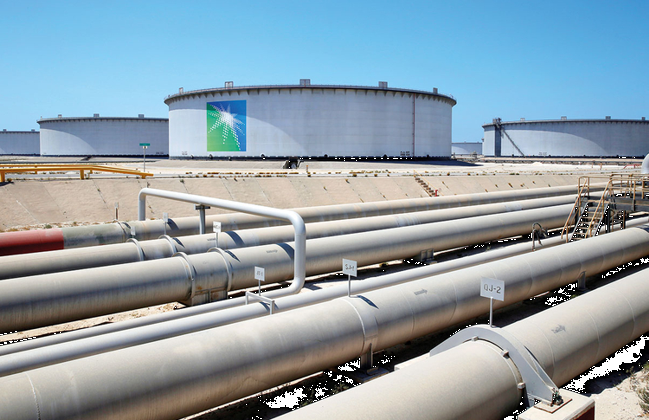Fuel Import Ban Fears Reignite Tensions Between Dangote Refinery and Oil Marketers…Tensions have resurfaced between the Dangote Refinery and independent oil marketers following growing concerns over a potential government move to ban fuel imports.
At the heart of the conflict is the fear among marketers that such a ban would hand monopoly control of Nigeria’s petroleum downstream sector to the Dangote Group, sparking market distortion, pricing concerns, and supply instability.
Aliko Dangote’s 650,000-barrel-per-day refinery, the largest of its kind in Africa, has pushed for Nigeria to halt fuel imports now that a domestic mega-refinery is operational. According to Dangote, his refinery is capable of producing enough petrol, diesel, and aviation fuel to meet local demand, effectively ending the country’s long-standing dependency on imported refined products. He argues that continuing to import fuels when the country has the capacity to refine them locally is not only economically harmful but undermines Nigeria’s energy independence. The refinery, built at an estimated cost of $20 billion, is seen as a strategic investment meant to reposition Nigeria as a regional refining hub.
However, independent marketers have pushed back against any moves that would prohibit or restrict fuel imports. Their main concern is that banning imports would create a monopolistic environment where Dangote could dominate supply and set prices without competition. Several marketers have expressed fears that with no viable alternatives, they and the Nigerian public would be at the mercy of a single supplier, especially in a volatile market where supply chain issues could arise at any time. The marketers argue that having multiple sources of refined petroleum—both local and imported—is crucial to maintaining a stable, competitive market that protects consumers from sharp price hikes or shortages.
The dispute has already taken a legal dimension. Dangote Refinery recently filed a lawsuit against the Nigerian National Petroleum Company Limited (NNPCL), the Nigerian Midstream and Downstream Petroleum Regulatory Authority (NMDPRA), and other regulatory bodies, demanding an end to the issuance of fuel import licenses. The refinery contends that continuing to allow imports violates the spirit of self-sufficiency and undermines domestic refining operations. According to court filings, Dangote’s legal team argues that Nigeria’s fuel needs can now be met locally and that importing refined products contradicts national policy objectives of promoting indigenous capacity.
In response, oil marketers and importers have begun initiating their own legal actions, asserting that there is no legal basis to cancel valid import licenses. They maintain that current laws support a liberalized market where multiple suppliers can operate. These marketers claim that Dangote’s push to eliminate imports is a deliberate move to eliminate competition and monopolize the fuel supply chain. They warn that such a monopoly could ultimately harm the very consumers the policy aims to protect, as price control and efficiency may suffer in the absence of competition.
READ MORE: Latin America Bids Farewell to José Mujica, the ‘World’s Poorest President’, Dead at 89
Concerns have also been raised over the operational readiness of the Dangote Refinery. While the refinery has begun production and distribution of some petroleum products, several marketers have reported challenges in accessing refined fuel from the plant. These issues include limited truck loading infrastructure, inadequate product allocation, and delays in supply. Some marketers have claimed they spent days at the refinery without being able to load fuel, forcing them to continue relying on imports to meet market demand. These logistical and distribution hurdles have cast doubt on the refinery’s ability to completely fulfill the country’s fuel needs in the short term.
As legal battles unfold and regulatory bodies are drawn deeper into the conflict, the Federal Government faces increasing pressure to clarify its stance on the fuel import policy. Any move to ban imports must weigh the potential benefits of domestic self-reliance against the risks of creating a monopolistic supply chain. With fuel affordability and availability already sensitive topics for millions of Nigerians, the stakes in this dispute are high. How the government and courts resolve the Dangote-versus-marketers standoff will have lasting implications for Nigeria’s energy future, its regulatory landscape, and the everyday lives of its citizens.




